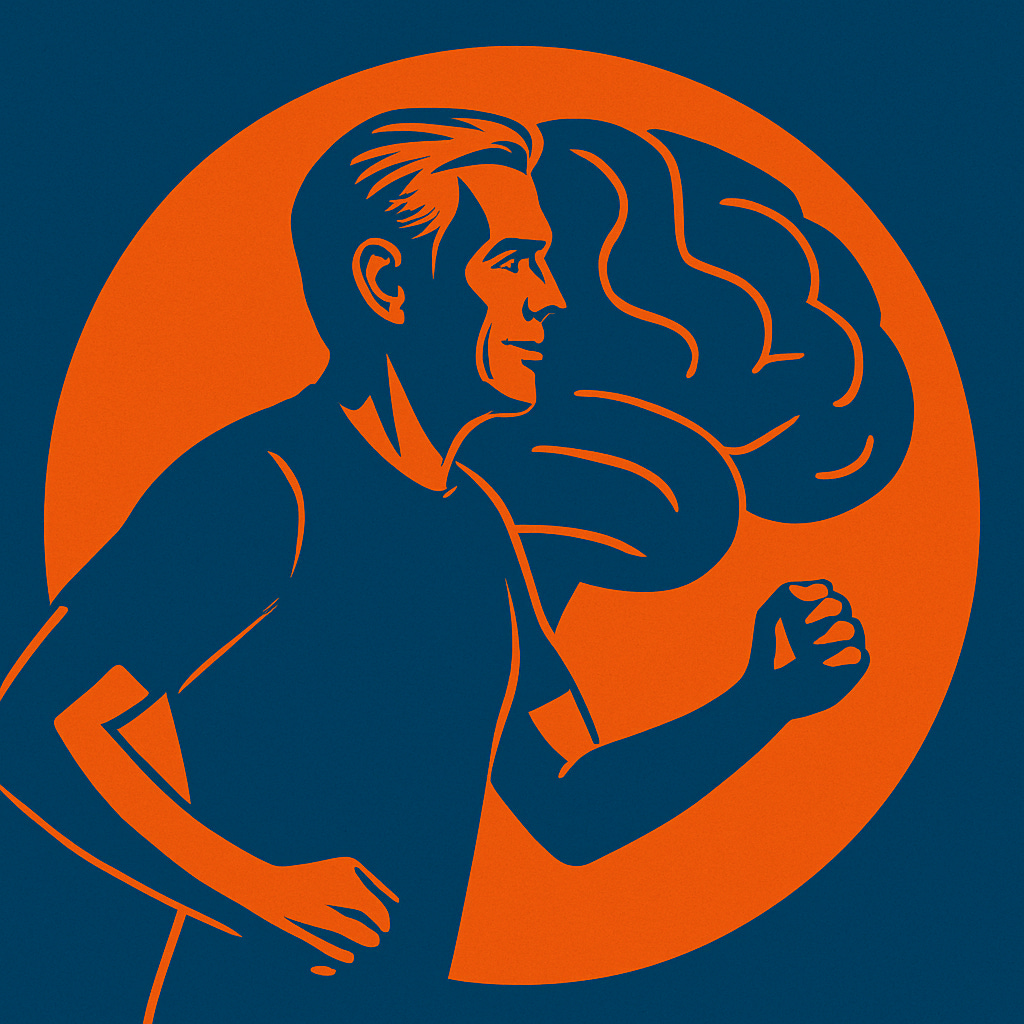⏱️ How Lifestyle Changes Can Ward Off Cognitive Decline
New research shows a connection between changing lifestyle habits and dementia risk with age
Cognitive decline is a fundamental concern for all of us as we age. While many of us view it as inevitable, others will embrace healthier habits in an attempt to keep our minds as sharp as possible. How confident can we be that lifestyle changes actually impact cognitive health?
A new study from China offers a hopeful and concrete message: if you improve your habits across specific life dimensions, you may reduce your risk of cognitive impairment. Intentionally self-managing particular areas of your lifestyle such as sleep, social activity, and physical activity, may be a meaningful route toward protecting your mental function, even if you start later in life.
🧠 The evolution of lifestyle changes and cognitive impairment during aging
In a study published in May 2025, researchers analyzed data from the Hubei Memory and Aging Cohort Study (HMACS): a long-term prospective study tracking over 2,400 older Chinese adults living independently in urban and rural settings between 2018-2022. Each participant was aged 65 or older at baseline and received repeated cognitive assessments over the following years.
In this analysis, researchers used a behavioral risk scoring system to predict participants’ likelihood of developing cognitive impairment. This system assessed seven lifestyle domains:
Social networks
Smoking status
Diet quality
Physical activity
Cognitive activity
Sleep health
Mental health
Each participant was assigned a “risk score” for their lifestyles, with higher scores reflecting worse behavioral risk. These scores were used to classify participants into low, intermediate, or high behavioral risk groups.
Across multiple timepoints, the researchers tracked how participant lifestyle behaviors changed and how those changes corresponded to shifts in cognitive function. They assessed cognitive function using a battery of tests, and teamed up with a panel of neurologists to diagnose any presence of mild cognitive impairment or dementia along the way.
Over an average follow-up of just over two years, participants who maintained or improved healthy lifestyle habits showed significantly reduced risk of developing cognitive impairment:
Those who maintained stable healthy behaviors across time had a 54% lower risk of developing cognitive impairment than those who maintained stable unhealthy behaviors.
Those who improved their behaviors (e.g., increasing exercise, improving sleep, or boosting social activity) had an 84% lower risk of cognitive impairment compared to those with stable unhealthy behaviors.
In contrast, those who actively worsened their health behaviors increased their cognitive impairment risk by 55% relative to their stable unhealthy peers.
Notably, participants who improved their behavior were also more likely to experience cognitive recovery if they already had mild cognitive impairment or dementia at baseline. On the other hand, those with worsening health behaviors hindered their chances of recovery and boosted their risk of further deterioration.
Based on this study, there may be specific behavioral levers we can pull to support our brain health as we age. Past work has linked exercise and cognitive stimulation to reduced dementia risk, but this research goes further by showing how self-driven, real-life improvements—made outside the controlled setting of a lab—are associated with meaningfully improved cognitive outcomes.
Improving basic lifestyle factors such as sleep, diet, social activity, and physical and mental stimulation is associated with reduced risk of cognitive impairment. We have yet to find a miracle cure for dementia, but being more attentive and intentional about the way we live our daily lives may be a helpful, protective step that all of us can take.
Age-related cognitive decline is a painful topic but it’s unhelpful to think of it as inevitable or irreversible. These findings provide grounds for optimism when it comes to protecting against cognitive impairment and promoting resilience during early stages of deterioration.
⭐️ Takeaway tips
#1. You’re never too old to improve your brain health
Even after the age of 65, people who made lifestyle changes in key areas—like social engagement, exercise, sleep, and mental stimulation—were significantly less likely to develop cognitive impairment than those who didn’t. It’s never too late to start.
#2. Focus on four high-impact domains
The most meaningful behavioral improvements involved expanding social activity, getting more physical activity, engaging in stimulating mental tasks, and improving sleep. It’s tough to make global changes to our lifestyles but starting with one of these areas and gradually expanding out to the others may be a good way to reduce our lifestyle risks.
#3. Self-awareness is a cognitive asset
In this research, participants guided their own behavior change. This suggests that being aware of your habits and making deliberate adjustments isn’t just motivational—it offers active protection against deteriorating health. Improving our lifestyle factors with self-directed change is a good way to reduce our risk of relying on more dramatic, external medical interventions in later life.
“Health is a state of complete physical, mental and social well-being and not merely the absence of disease or infirmity.”
~ World Health Organization




